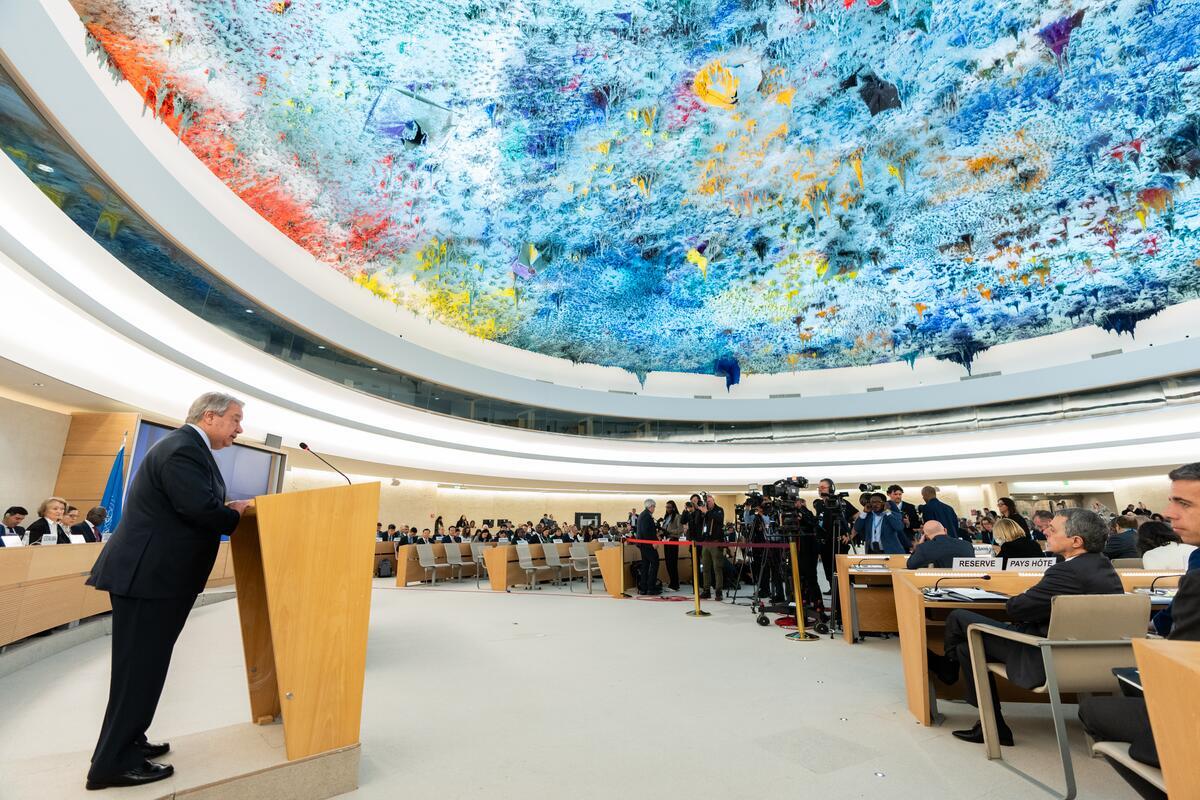At least 25 women are imprisoned within Sudanese Armed Forces’ (SAF) controlled areas on accusations of ‘collaboration with the Rapid Support Forces (RSF).’ Some of these women have received execution sentences. Most of the incarcerated women and girls are between the ages of 19 and 26, with at least one being under 18. As the SAF advance in several states, increasing numbers of civilians are being detained, prosecuted, and killed on accusations of ‘collaboration with RSF.’ The term ‘collaboration’ is translated into charges under Articles 50 and 51 of the Sudanese Criminal Law, referring to crimes of ‘undermining the State and treason.’ Women and girls were mostly accused based on messages, photos, and posts on social media.
The Sudanese judicial system has completely collapsed following the conflict in the last two years. By August 2023, some prosecutors’ offices and judges resumed working in eastern and northern states. Hundreds of civilians in SAF-controlled areas were arrested by security forces, military intelligence, and other militias supporting SAF, such as the Albaraa Ibn Malik armed militia. Civilians were detained from their homes, at checkpoints while traveling, or randomly in public places. On some occasions, other civilians reported individuals to authorities without substantial proof, leading to arrests based on rumors or doubts, without any official investigations.
Among those imprisoned in different states under SAF control are women and girls accused of collaboration with RSF. The majority of these women are detained in Port Sudan Women’s Prison, while others are held in Kassala prison and Northern state and River Nile state. At least 25 women and girls are documented to be in these prisons, with four awaiting appeals to court sentences of life imprisonment and execution. The incarcerated women and girls are living in inhumane conditions inside small cells with almost no access to family and lawyers.
At least three of the women imprisoned received two-year sentences on charges related to posting false information, among other charges. Lawyers and families are struggling to obtain information about the cases and court procedures. Since the eruption of the war, lawyers have faced unprecedented attacks across the country. Lawyers who attempted to approach prosecution offices or police stations to support civilians imprisoned on charges of collaboration with RSF were harassed, threatened, and sometimes accused of the same charges as their clients. This obstruction of the right to access legal aid for most women and girls in prison has led to unfair trials and incomplete legal procedures on many occasions.
The charges of treason and accusations of collaboration with RSF have included arrests and intimidation of family members of the imprisoned women and men. In the last two years, entire families, including children, have been imprisoned with their mothers or left without care while the family was in prison. Summary trials in different cases and locations have led to violations of Sudanese criminal procedure laws and resulted in unfair trials and sentences. These trials and accusations are part of the pandemic of false information.
We, the undersigned groups and organisations, call on:
- the Sudanese authorities to urgently grant imprisoned women and girls unconditional access to lawyers and families and guarantee their right to fair trial
- the Sudanese authorities to thoroughly investigate reports of ill-treatment in detention and guarantee humane detention conditions, including those for women and girls, and ensure their access to food and medical care
- the Sudanese authorities to guarantee civic freedoms by removing all restrictions for people to freely express and peacefully assemble and associate without fear of reprisals and retribution
- all relevant UN human rights mechanisms, in particular OHCHR, UN Special Procedures, and the fact-finding mission on Sudan, to collaborate with local civil society groups to collect evidence and investigate and report on the violations committed, including extrajudicial killings, arbitrary detention, torture and ill-treatment, and violations of the right to fair trial and due process
- States to urge the Sudanese authorities to put an end to extrajudicial killings, arbitrary detention, torture and ill-treatment, violations of the right to fair trial and due process, and uphold their obligations under international human rights and humanitarian law
- international human rights mechanisms and international human rights organisations to reach out to women human rights defenders (WHRDs) and activists to support their needs, support them in documenting violations, and assert to the warring parties the important and critical role of Sudanese WHRDs and activists in ensuring the provision of services to Sudanese people, and immediately stop their criminalisation under trumped-up charges as a form of punishment and revenge.
Signatories:
- International Service for Human Rights (ISHR)
- Sudanese Women’s Rights Action (SURWA)
- WHRDMENA Coalition.




